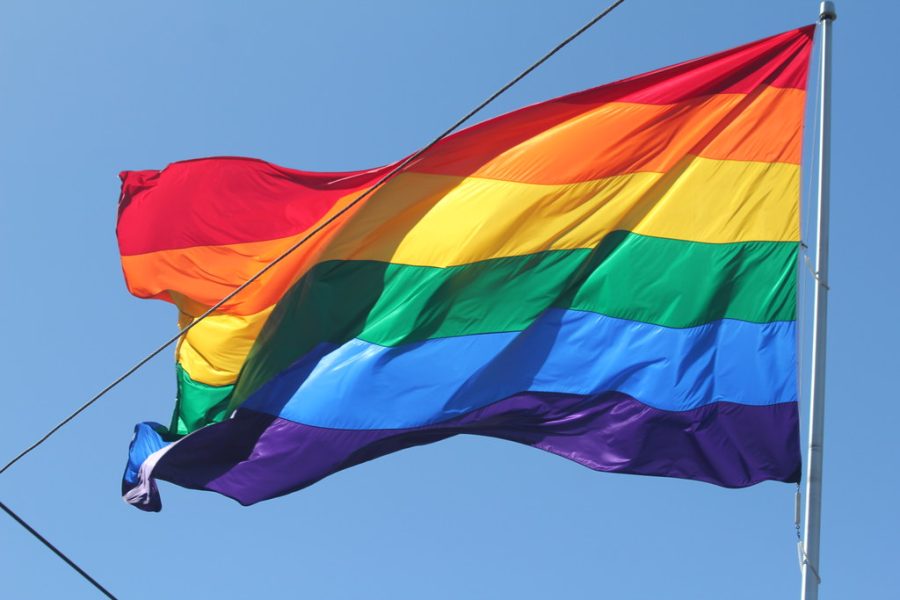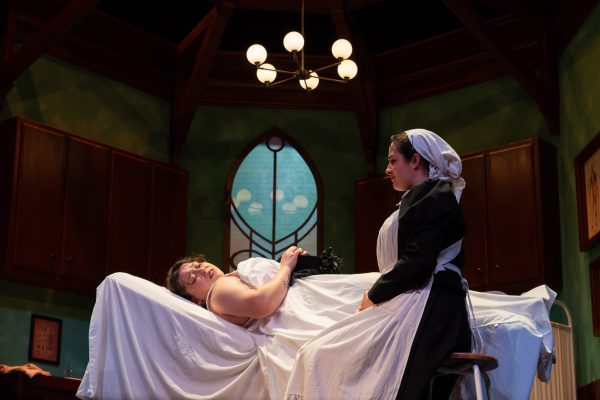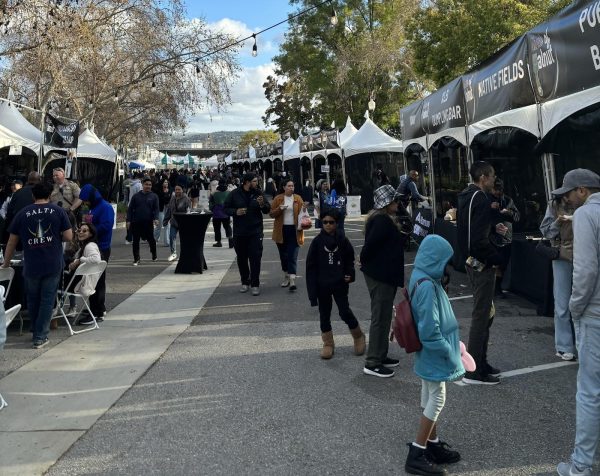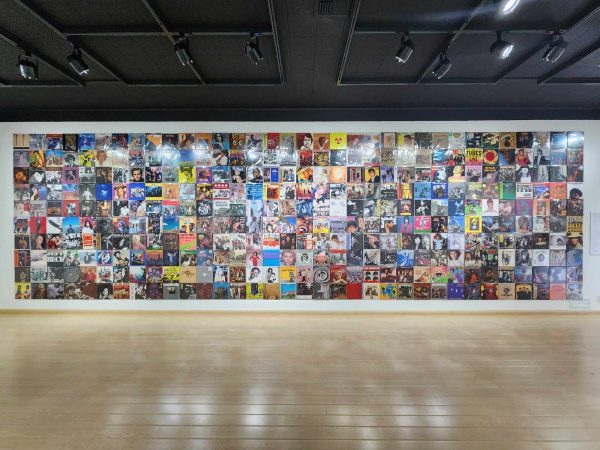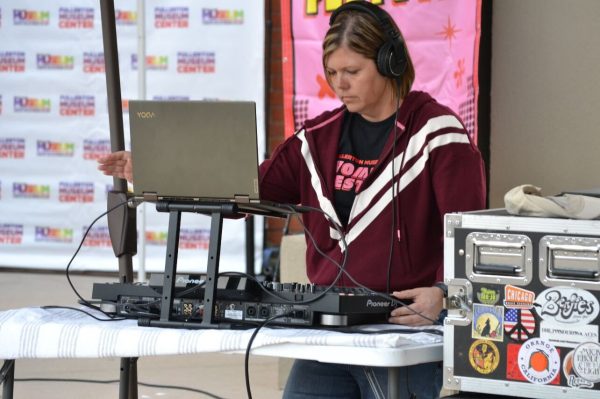Can We Still Say “Gay” At Mt. SAC?
Questions regarding representation are raised amid Florida’s ‘Don’t Say Gay’ bill
Photo from Flickr/Quinn Dombrowski
Mt. SAC’s queer representation and safety came into question after Florida Gov. Ron DeSantis signed the Parental Rights in Education Act, known as the “Don’t Say Gay” Bill, into law on March 28, 2022.
The bill bans topics deemed inappropriate by the Florida education system from being taught in grades K-3. As a result, subject matters like queer representation and sexuality as a whole are barred from classrooms.
The ratification of the bill has led to major backlash and controversy throughout the country. Some people believe that a lack of representation can be detrimental to the self-identity and mental health for individuals who are a part of marginalized groups, whereas others find the banned topics to be inappropriate in classroom settings.
“You feel seen. You feel heard. You feel understood. Without [representation and validation], you can feel crazy,” Mt. SAC Professor Ginger Klee, 34, said.
Klee, a psychology professor, Licensed Marriage and Family Therapist LMFT, and Licensed Professional Clinical Counselor LPCC with a bachelor’s degree in psychology and a master’s degree in counseling, believes that representation and proper sex education can provide positive benefits for students.
“It is created to attack queer people,” Klee added in reference to the law.
As sex education and queer representation are facing danger in Florida, the topics have been gaining traction across the nation, particularly in liberal states like California. Klee believes that a bill like this would likely never pass in the state, but it is good to take a look at how this content is being handled in the current education system.
20-year-old Camryn Dorsey, a nonbinary bisexual English major, has been a student at Mt. SAC for four semesters. Despite this, they felt that there was little to no queer representation in any of the classes they have taken.
“Queer art is worth being taken seriously,” Dorsey said. “It is massively imperative to see yourself reflected in things you consume. Otherwise, you wind up feeling like a monster for experiencing things in ways that you haven’t seen expressed.”
Mt. SAC recently pledged to reform its actions on creating an equity filled campus.
“We will not retain the status quo but intentionally transform our institution, our thoughts, and our actions,” Mt. SAC President William T. Scroggins said in a statement.
Despite the statement, it was unclear whether or not queer representation was taken as seriously as representation for other marginalized groups. Klee said she has only been instructed in major ways on BIPOC representation. Though it was done “wonderfully,” there seems to be a lack of focus on LGBTQ+ topics.
This was not to say that there were a lack of queer safety and resources on campus. Mt. SAC is one of only five community colleges out of the state’s 116 campuses that has an official queer resource center established by the college.
“Our mission is to provide an inclusive and safe space for all members of the LGBTQ+ community through our resources such as academic help, group therapy, identity discussion groups, and an on-sight therapist,” Mt. SAC’s Pride Center page states.
Klee added that the Pride Center is a space to be yourself and feel a sense of relief from the heteronormative outside world.
With Florida’s Parental Rights in Education Act, such establishments would be banned in schools. Klee said that negative effects were immediately noticeable when the Pride Center was no longer physically available due to COVID-19. If Mt. SAC was not allowed to have one at all, anyone in LGTBQ+ community who wanted an escape would have nowhere to go on campus.
“How do I feel about anti-queer legislature? Fucking mad! That is a horrendous thing to do!” Dorsey exclaimed.
He added that religion negatively influenced this legislation.
“If your religion is telling you to hate people, your god is for the streets,” he said.
Dorsey and Klee both believe that Mt. SAC professors should take advantage of the fact that California does not have bills prohibiting the discussion of queer people and use their platforms as teachers to incorporate LGBTQ+ topics into their curriculum.
Klee said school curriculum including proper sex education and queer representation have the ability to positively influence children’s development.
“We have the resources… but it is also up to the individual professor to do so,” she added. “The sooner we do appropriately talk to young children about sex, the better.”


